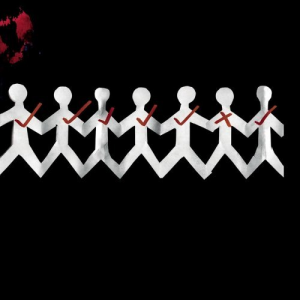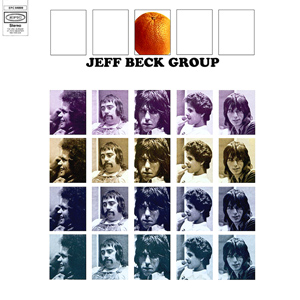Cell most often refers to:
Knack or The Knack may refer to:
Bleach is a chemical that removes color or whitens, generally a dilute solution of Sodium hypochlorite, referred to as "liquid bleach" or "chlorine bleach".

Hideto Takarai, known by his stage name Hyde, is a Japanese musician, singer-songwriter, record producer, and actor. Best known as the lead vocalist of the rock band L'Arc-en-Ciel since 1991, he is also the lead vocalist of Vamps and has a solo career.
Made in Japan may refer to:

Nothing Is Sound is the fifth studio album by American alternative rock band Switchfoot. It was released on September 13, 2005 and debuted at number three on the Billboard 200. The first single from the album was "Stars," which was the number one most-added song on Modern Rock Radio and received much airplay on alternative rock stations upon release. A second single, "We Are One Tonight," was released in early 2006, though it did not enjoy much success on the Billboard charts.
Qualia was a boutique brand of high-end electronics, created by Sony to showcase their best technology. Some Qualia products were newly designed while others were upgraded and rebranded versions of regular Sony products. The line was launched in Japan in June 2003 and the U.S. in April 2004. In 2005, Sony discontinued the Qualia series except in the United States. In early 2006, Sony discontinued the series in the US as well.

The Gazette, formerly known as Gazette, is a Japanese visual kei rock band, formed in Kanagawa in early 2002. The band is currently signed to Sony Music Records.

Puffy is a Japanese pop rock duo formed in Tokyo in 1995, consisting of singers Ami Onuki and Yumi Yoshimura. In the United States, they adopted the name Puffy AmiYumi to avoid legal naming conflicts with Sean Combs, who also performed under the name Puffy. They sing in Japanese and English.

One-X is the second studio album by Canadian rock band Three Days Grace, released on June 13, 2006 as their sole album under Sony BMG, the successor to Sony Music Entertainment's original roots and Bertelsmann Music Group. The Sony BMG joint venture was dropped in 2008, which led to Bertelsmann's Sony BMG stake going back to Sony. Produced by Howard Benson, it is the band's first album recorded as a quartet, as Barry Stock joined the group and took over lead guitar from lead singer Adam Gontier.
Jinn is a 4-member Japanese rock band. They are part of Sony Music Entertainment Japan's Palm Beach record label.

Jeff Beck Group is the fourth and final studio album by the Jeff Beck Group and the second album with the line up of Jeff Beck, Bobby Tench, Clive Chaman, Max Middleton and Cozy Powell. The album was produced by Steve Cropper and often referred to as the Orange Album, because of the orange which appears prominently at the top of the front cover.

Pop Etc, formerly known as The Morning Benders, is an indie rock band. They originally formed in Berkeley, California but moved to Brooklyn, New York later in their career.

William Rankin is a Scottish guitarist active in the 1980s and 1990s. Best known for his work with Nazareth, he also had a successful solo career, including a US hit single "Baby Come Back". Rankin was part of multimedia group "Team Rock" prior to it going into administration in 2016.
Raison d'être is a French expression commonly used in English, meaning "reason for being" or "reason to be."
Extreme Music is a music production company owned by Sony Music Publishing.
Nineteen or 19 may refer to:
This page is based on this
Wikipedia article Text is available under the
CC BY-SA 4.0 license; additional terms may apply.
Images, videos and audio are available under their respective licenses.







